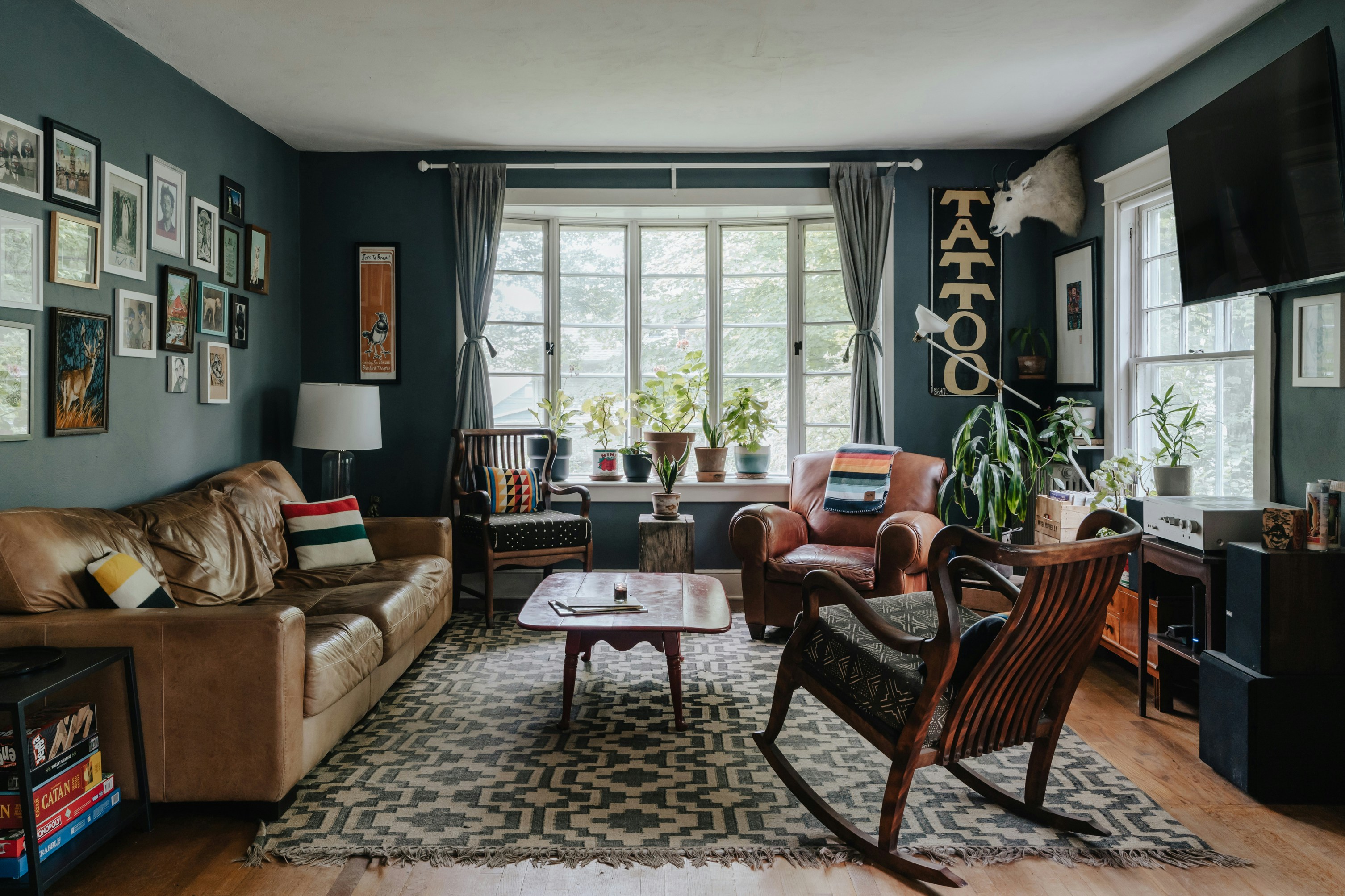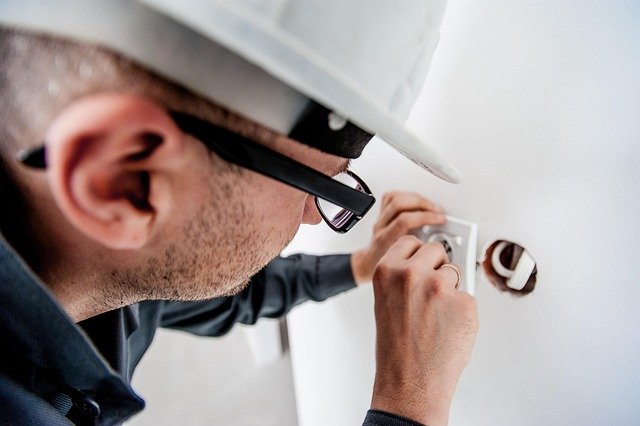The Intricate Dance of Feng Shui: Harmonizing Your Home
Harmonizing your living space with the ancient principles of Feng Shui is more than just a design trend—it's a lifestyle shift. This article will delve into the intricate world of Feng Shui, offering a fresh perspective on this traditional practice that’s gaining modern relevance.

Origins of Feng Shui: An Ancient Practice with Modern Relevance
Feng Shui, the art of arranging your environment to maximize positive energy (or ‘qi’), has its roots in ancient China. Its principles are grounded in Taoism, a philosophy deeply tied to the natural world. While the practice has existed for over 3,000 years, it has seen a resurgence in popularity in recent decades, particularly in the realm of interior design.
Current Trends: Feng Shui in the Modern Home
In today’s world, Feng Shui is no longer confined to traditional Chinese homes. It has been embraced by modern designers worldwide, who incorporate its principles into contemporary home layouts. The emphasis on natural materials, balance, and room flow aligns with current trends towards mindfulness and wellness-focused living.
Practical Implementation: Enhancing Daily Living with Feng Shui
Applying Feng Shui in your home is not about adhering to rigid rules, but about creating harmonious relationships between space and objects. For instance, favoring a clutter-free living area promotes qi flow, enhancing relaxation and productivity. Similarly, the strategic placement of mirrors can reflect and amplify natural light, bringing vibrancy into your space.
Market Trends: The Growing Appeal of Feng Shui
The renewed interest in Feng Shui is evident in the rising demand for experts in the field. Feng Shui consultations and digital resources are becoming increasingly popular, demonstrating the market’s understanding of the value this ancient practice brings to modern living.
The Depth of Feng Shui: More Than Just Aesthetics
Feng Shui is more than just a design technique—it’s a philosophy that seeks to enhance our connection with our surroundings. By creating a balanced and positive environment, we not only improve the aesthetics of our homes but our overall well-being.
In conclusion, the resurgence of Feng Shui in modern design is not merely a passing trend. It signifies a growing desire for homes that are not just visually appealing, but also nurturing to the mind and body—a testament to the timeless wisdom embodied by this ancient practice.





